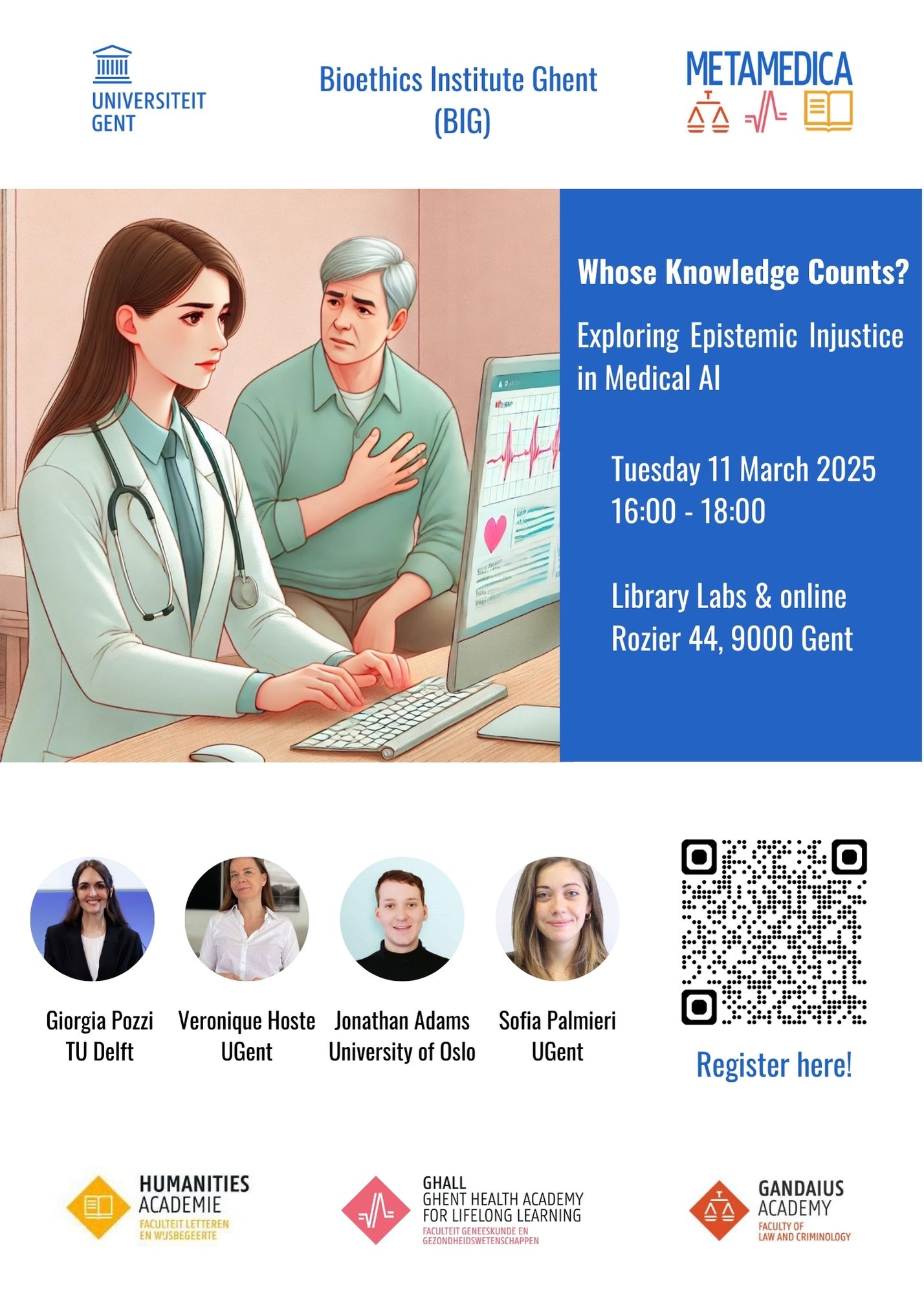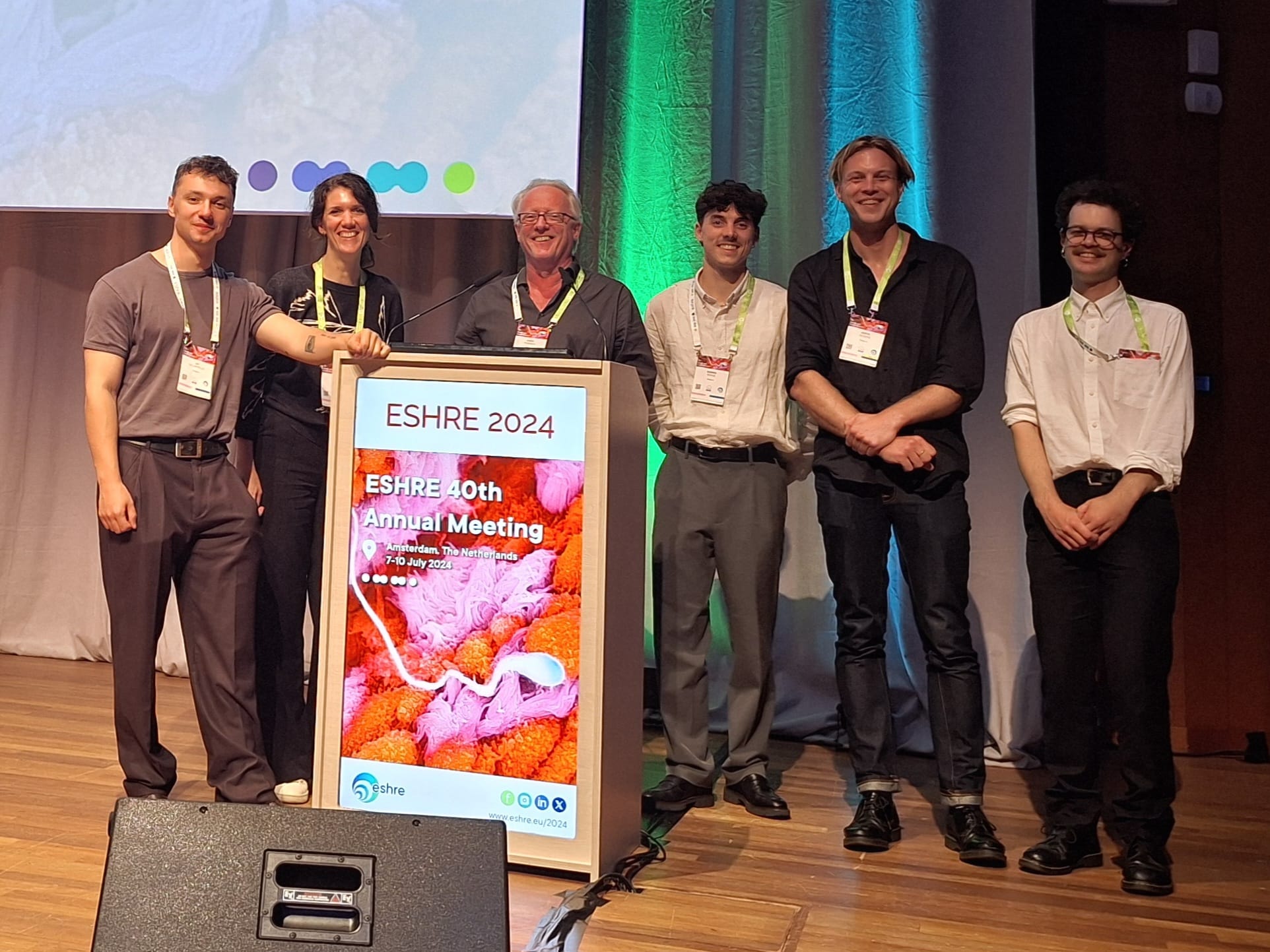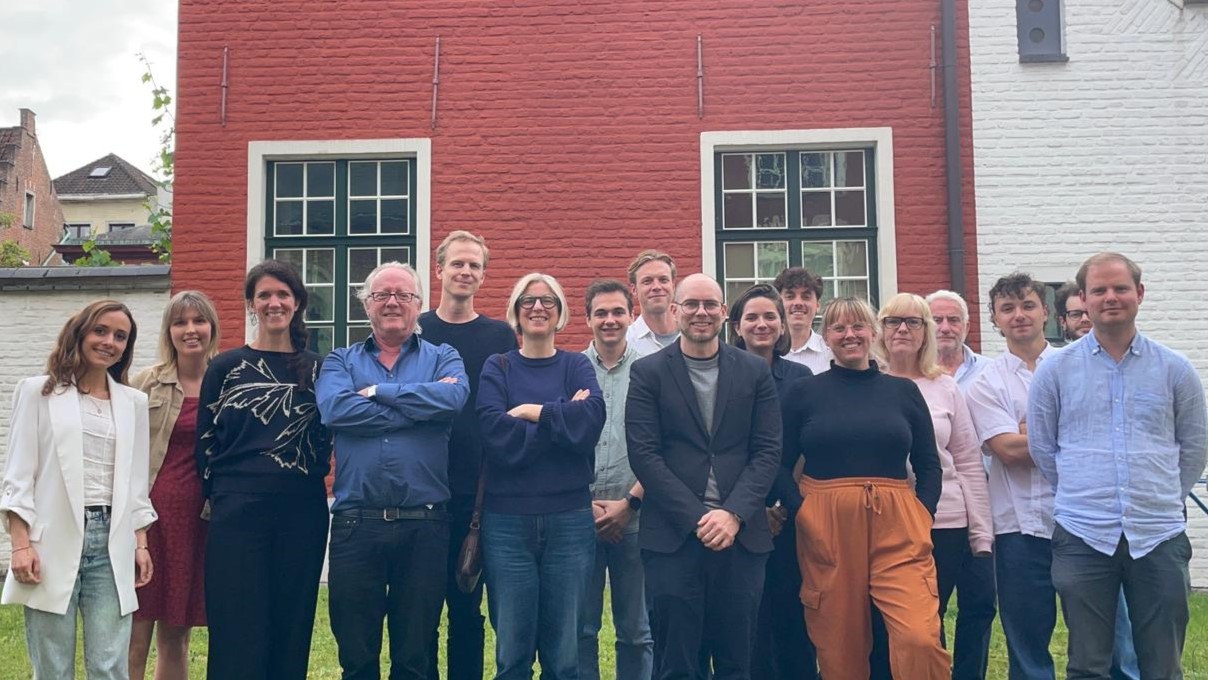Ghent University/online
18 September 2024
Margaret Walker’s Moral Understandings was first published in 1998 by Routledge. Nine years later, a second edition was published in 2007 as part of the Oxford’s studies in feminist philosophy. The two editions were lauded in several reviews as enormously ambitious and deeply original contributions to feminist ethics. Her work was an important catalyst to a range of feminist researchers taking up social injustice questions over the last two decades. After 25 years, we invite scholars to carry forward Walker’s examinations and revisit central theoretical and practical issues discussed in this landmark publication of feminist ethics.
The book criticized the canonical form of moral theorizing nourished by an image Walker called the “theoretical-juridical model” of moral thinking. This template represents morality as a “compact, propositionally codifiable, impersonally action-guiding code within an agent” (2008, p. 7). Opposed to this model, Walker envisioned a collaborative-expressive model, i.e., a joint effort where communities collectively perpetuate and modify the understandings that shape their self-perception and interactions with one another. However, she stressed it’s vital to acknowledge that not everyone enjoys equal opportunities to establish or alter these moral understandings.
The constructive plea of this book, putting into play an alternative template, the “expressive-collaborative view of morality” and moral thinking, developed in many directions, and sparked interest among moral philosophers and practical ethicist in various fields such as bioethics, nursing ethics, environmental ethics. Walker fleshed out morality as a set of responsibility practices that would map the existing structure by which responsibilities are distributed, often relatively invisible to privileged subjects because of “its apparent naturalness” (2008, p. 105-106). However, the book also gives rise to several (meta-)ethical questions. Walker herself refers to her book as a prologue and, despite its richness, there is something apt about that characterization. Firstly, much remains unclear about how to apply the expressive-collaborative model actually in different contexts. Secondly, Walker developed a version of reflective equilibrium that has what she calls “transparency testing” as its centrepiece. According to some, this maintains the problematic reliance on reasoning and coherence. Others argue that striving for transparency and visibility, when not done carefully, can also become a process of unveiling, exposing the weapons of the weak. Finally, since the publication of the book, scholars have continued debate over the implications of an “empirically obligated practice of ethics”. Within feminist ethics, empirical research is no longer marginalized, but the questions of where to situate and how to delineate “the ethical” remain largely unanswered.
Abstracts addressing any of the issues mentioned above will be favoured, although work on other topics related to the book can also be submitted. Anyone wishing to present a paper at the symposium should submit an abstract in Word format (500 words max) by April 1, 2024. Please include your name, title and institutional affiliation. The symposium Committee will select abstracts for oral presentation. Please send abstracts by e-mail to: Michiel De Proost (Michiel.deproost@ugent.be) and Dirk Lafaut (dirk.lafaut@vub.be).
This symposium is organized by ECSO (Research Group on Ethics, Culture and Society, an interuniversity collaboration between the Centre for Research on Culture and Gender at Ghent University and RHEA Expertise Centre on Gender, Diversity and Intersectionality at the VUB, Free University of Brussels) in collaboration with the Bioethics Institute Ghent.


